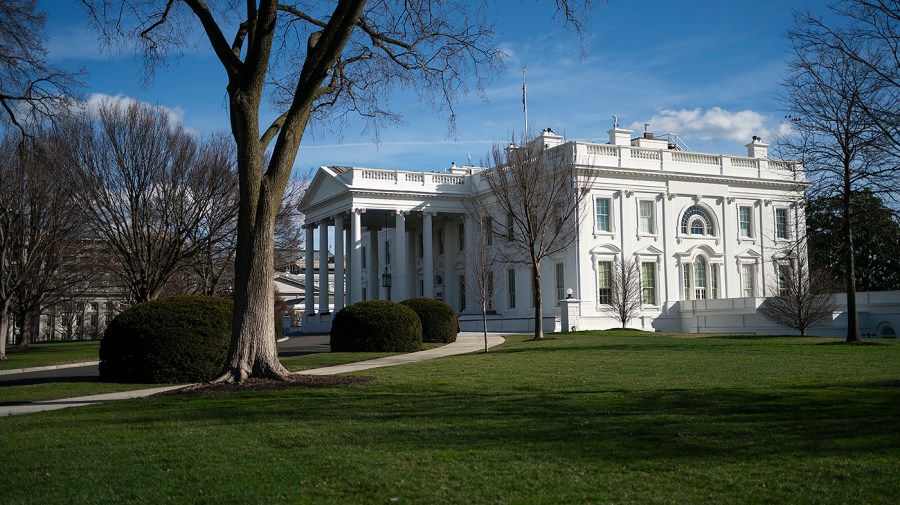
The Office of the Special Counsel (OSC) is closing a loophole in the Hatch Act, which prevents federal employees from political activity on the job, the office announced in a new rule Monday.
Hampton Dellinger, who leads OSC, wrote in Politico that he has instructed his office to fully enforce the act against White House employees, going against a long-standing policy that he described as a loophole.
“After a careful review of past and present policies, I’m updating my agency’s enforcement approach to put an end to such differential treatment,” he wrote.
“Though Congress has given the president broad hiring authority, once aides are onboarded, they are still bound by the same rules — from the tax code to conflicts-of-interest laws — that govern other federal employees,” Dellinger added. “The Hatch Act, with primarily civil sanctions, should be no different.”
OSC’s rule change permits the U.S. Merit Systems Protection Board (MSPB), the oversight body that oversees Hatch Act violations, to pursue cases against White House employees. A notice from the office cites the recently achieved quorum in the MSPB board, and rejects a 1978 Department of Justice opinion that the office previously cited in not pursuing cases against White House employees.
The rule change also expands enforcement to those who violated the Hatch Act but had since left federal government employment. Additionally, it expands an OSC rule barring the wearing and display of partisan campaign merchandise in federal offices.
“These enforcement changes should provide clear guidance and bright-line rules to federal workers and the public,” Dellinger wrote. “And the goal with each is to adhere closely and faithfully to congressional mandates as well as relevant applications of the Hatch Act by the MSPB and the judiciary.”
However, Dellinger noted that federal workers do have the ability to speak on policy matters more freely.
“Congress, like the courts, wants partisan politics out of the federal workplace and workers on the job to be mission oriented, not campaign focused,” he wrote. “But lawmakers also have made clear that government employees should be able to speak on matters of policy in meaningful ways. As Special Counsel, I am committed to following and fulfilling these dual directives.”














